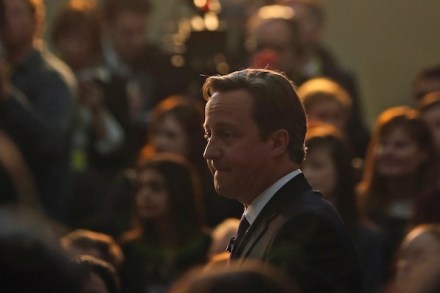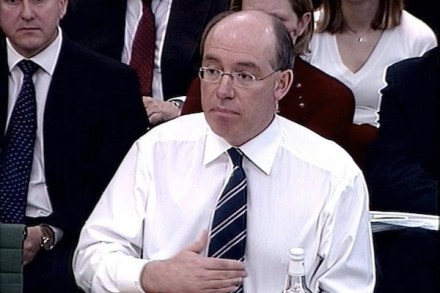Cameron confident of common ground with Merkel
David Cameron is setting off with his children to visit Angela Merkel on Friday. It’s part of his EU reform mission that started and was thrown off course on Monday following the death of Margaret Thatcher. As I blogged back then, the circumstances aren’t perfect, and one of the reasons for that is that France and Germany recently snubbed an invitation to be involved in the UK’s ‘balance of competences’ review. But today Cameron tried to play down the significance of this. He told Adam Boulton: ‘Our review of competences was always and will be a British exercise. We didn’t particularly, that story was… anyone’s free to feed into our




















